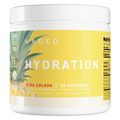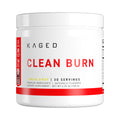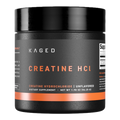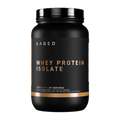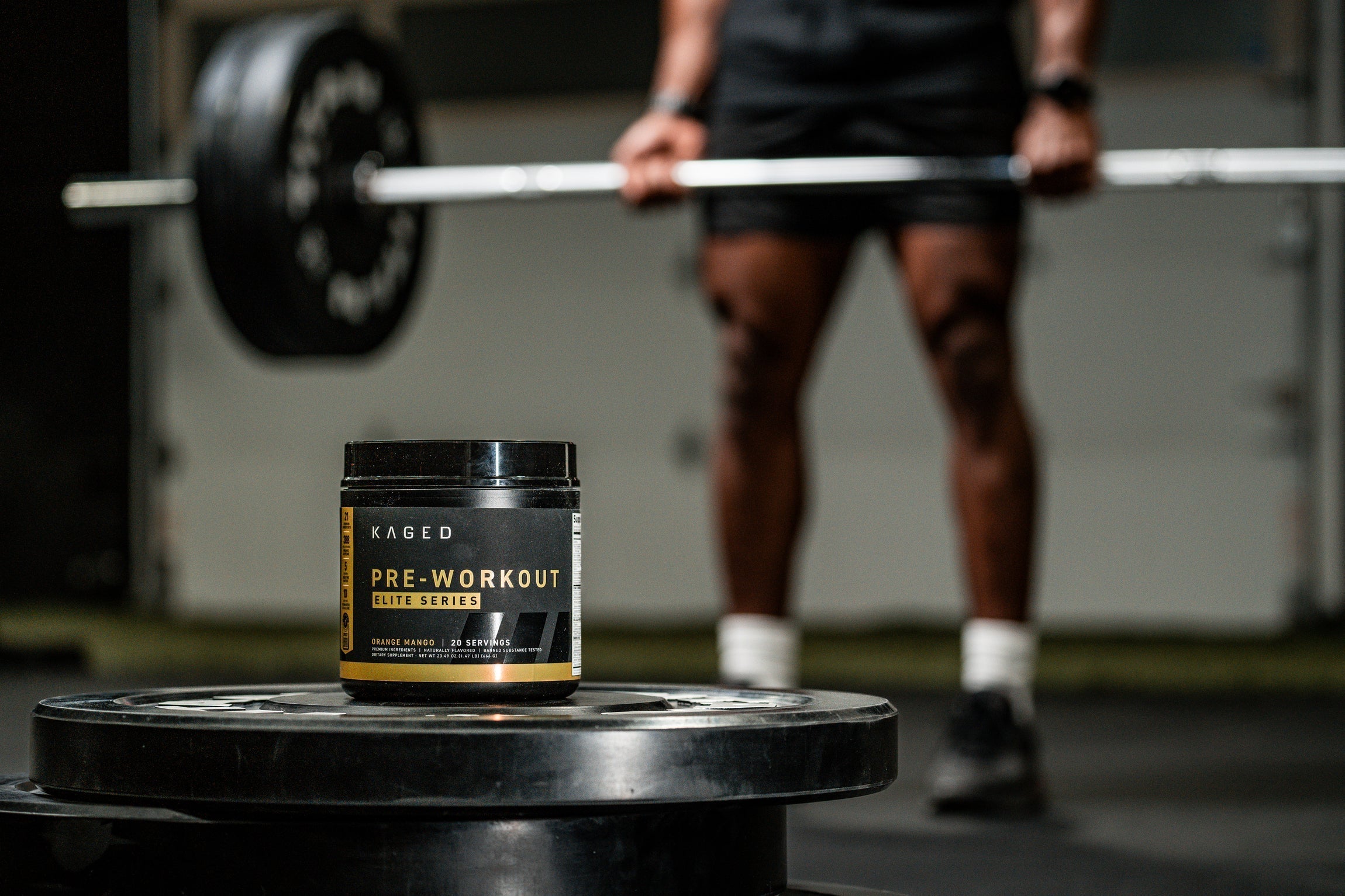Creatine is one of the most well-researched and most popular supplements out there.
Yet, after a decade of talking about and educating people about creatine, we've learned that most people don't understand how creatine works.
Creatine helps your muscles make and recycle energy. That's the one-liner. If you understand creatine's role in energy production, then you can understand how it supports strength, muscle-building, recovery in-between sets, and even why some newer research suggests it may play a role in everything from cognitive function to sleep.

The Mechanism Behind Creatine
Creatine is a simple molecule built from three amino acids. Your body stores about 95% of it in muscles as phosphocreatine.
During a short burst of effort (like a sprint or heavy set), muscle cells rapidly burn ATP for energy. Normally, ATP runs out quickly during all-out anaerobic effort, like a sprint for a weight training set.
Phosphocreatine supports performance by donating its phosphate to ADP, instantly regenerating ATP.
In other words, creatine acts like a fast-refill pack for your muscles’ energy tanks. If you consistently take creatine, you increase phosphocreatine stores in muscle. This allows your cells to produce ATP more quickly during high-intensity efforts.
Faster ATP regeneration lets you recover quicker between hard reps or intervals, which in turn boosts strength and power gains.
By boosting your ATP supply, creatine lets you push harder for a few more seconds in sprints or heavy lifts, and recover faster in between sets. Over time, this extra work translates into bigger strength, muscle gains, and faster workout recovery.
As we wrote in this article on how long creatine takes to work, it takes several weeks to a month to saturate your muscles with creatine.
This same mechanism that occurs in your muscle may also happen in your brain. This would explain the limited research on creatine that has suggested improvements to cognition in certain populations.
Benefits for Strength, Muscle, and Recovery
So no, creatine doesn't magically help you build muscle or increase strength. These are second-order benefits as a result of improved ATP regeneration, which help you train harder and recover faster.
In the gym, this often translates to doing a couple extra reps on your sets or lifting incrementally more weight.
Over weeks and months, those improvements compound: creatine users typically gain more strength and muscle from the same training than non-users.
Key performance benefits of creatine include:
-
More Strength & Power: You can exert more force in lifts and sprints.
-
Increased Muscle Mass: The extra work capacity helps you build muscle over time.
-
Faster Recovery Between Sets: ATP is replenished sooner, so you fatigue less between reps.
-
Improved High-Intensity Performance: Athletes sprinting, jumping, or doing repeated bursts see gains.
Emerging Brain and Cognitive Effects: Same Mechanism, Less Evidence
Your brain also uses ATP for its intense work.
Some data hint that creatine supplementation can help cognitive tasks, especially when the brain is under stress or starts with low creatine levels.
For instance, vegetarians or older adults (who tend to have lower muscle/brain creatine) have shown improved short-term memory and reasoning when given creatine. A 2024 review found that creatine has a small but significant positive effect on memory and processing speed in adults.
That said, benefits for the average, healthy person are usually subtle. The same review found no change in overall cognitive function or executive tasks for most young adults, and a systematic review noted creatine “stayed unchanged in young individuals” on most cognitive tests.
In practice: if you’re well-rested and well-fed, you probably won’t “feel” a mental boost from creatine. However, because creatine is very safe, some people experiment with it to combat mild mental fatigue or sleep deprivation. Bottom line: creatine may help the brain in some cases, but the evidence for noticeable cognitive enhancement in healthy people is still preliminary.
Creatine Monohydrate vs. Creatine HCl

Both creatine monohydrate and creatine HCl deliver the same active creatine that raises phosphocreatine stores in muscle. The difference is in the molecule. Creatine monohydrate is creatine bonded with one water molecule. It’s the gold standard form that’s been used for decades and supported by hundreds of studies.
Creatine HCl (hydrochloride) has an extra hydrochloride group, which makes it far more soluble in water. In practical terms, this means you can mix the same dose of HCl creatine in less liquid. Athletes who don’t want the “water-loaded” look often prefer HCl: it lets them get the benefits with a smaller-volume drink.
Because it dissolves fully, many people report HCl is gentler on the stomach, reducing bloating or GI discomfort that some experience with large amounts of monohydrate.
For more on this, check out our article on creatine monohydrate vs HCl.
Questions About Creatine? Check Out Our Guide on Creatine for Beginners
Whether young or old, experienced or beginner, man or woman, creatine should be on the short list of supplements to consider. Learn more in our article on creatine for beginners.
For Creatine You Can Count On, Choose Kaged
All of our creatine options are third-party tested to be free of banned substances.
